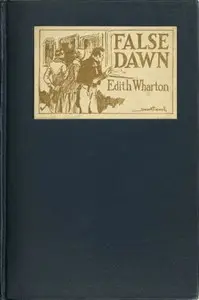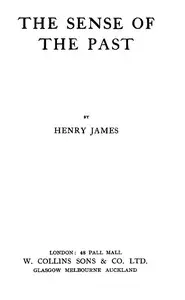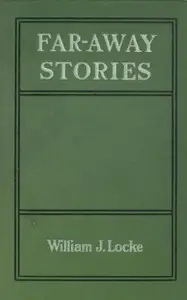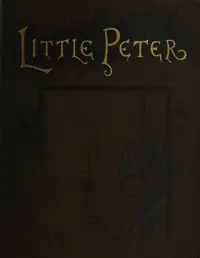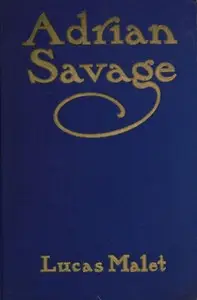"The Far Horizon" by Lucas Malet is a story set during the twilight years of a man named Dominic Iglesias. As he sits in suburban London at the end of the day, Dominic reflects on his life after leaving his long-time job at a bank. No longer bound by the expectations of employment, he deals with questions about who he is and what he wants out of life. The story looks at big ideas like what society expects from people, the importance of family, and finding your place in the world. The story pulls the reader into his past, revealing how his family and upbringing impact the present. The sad mood and personal thoughts make the reader think about the meaning of happiness and success.

The Far Horizon
By Lucas Malet
A retired clerk stuck between the past and present questions his purpose in a society indifferent to his existence.
Summary
About the AuthorLucas Malet was the pseudonym of Mary St Leger Kingsley, a Victorian novelist. Of her novels, The Wages of Sin (1891) and The History of Sir Richard Calmady (1901) were especially popular. Malet scholar Talia Schaffer notes that she was "widely regarded as one of the premier writers of fiction in the English-speaking world" at the height of her career, but her reputation declined by the end of her life and today she is rarely read or studied. At the height of her popularity she was "compared favorably to Thomas Hardy, and Henry James, with sales rivaling Rudyard Kipling." Malet's fin de siecle novels offer "detailed, sensitive investigations of the psychology of masochism, perverse desires, unconventional gender roles, and the body."
Lucas Malet was the pseudonym of Mary St Leger Kingsley, a Victorian novelist. Of her novels, The Wages of Sin (1891) and The History of Sir Richard Calmady (1901) were especially popular. Malet scholar Talia Schaffer notes that she was "widely regarded as one of the premier writers of fiction in the English-speaking world" at the height of her career, but her reputation declined by the end of her life and today she is rarely read or studied. At the height of her popularity she was "compared favorably to Thomas Hardy, and Henry James, with sales rivaling Rudyard Kipling." Malet's fin de siecle novels offer "detailed, sensitive investigations of the psychology of masochism, perverse desires, unconventional gender roles, and the body."

